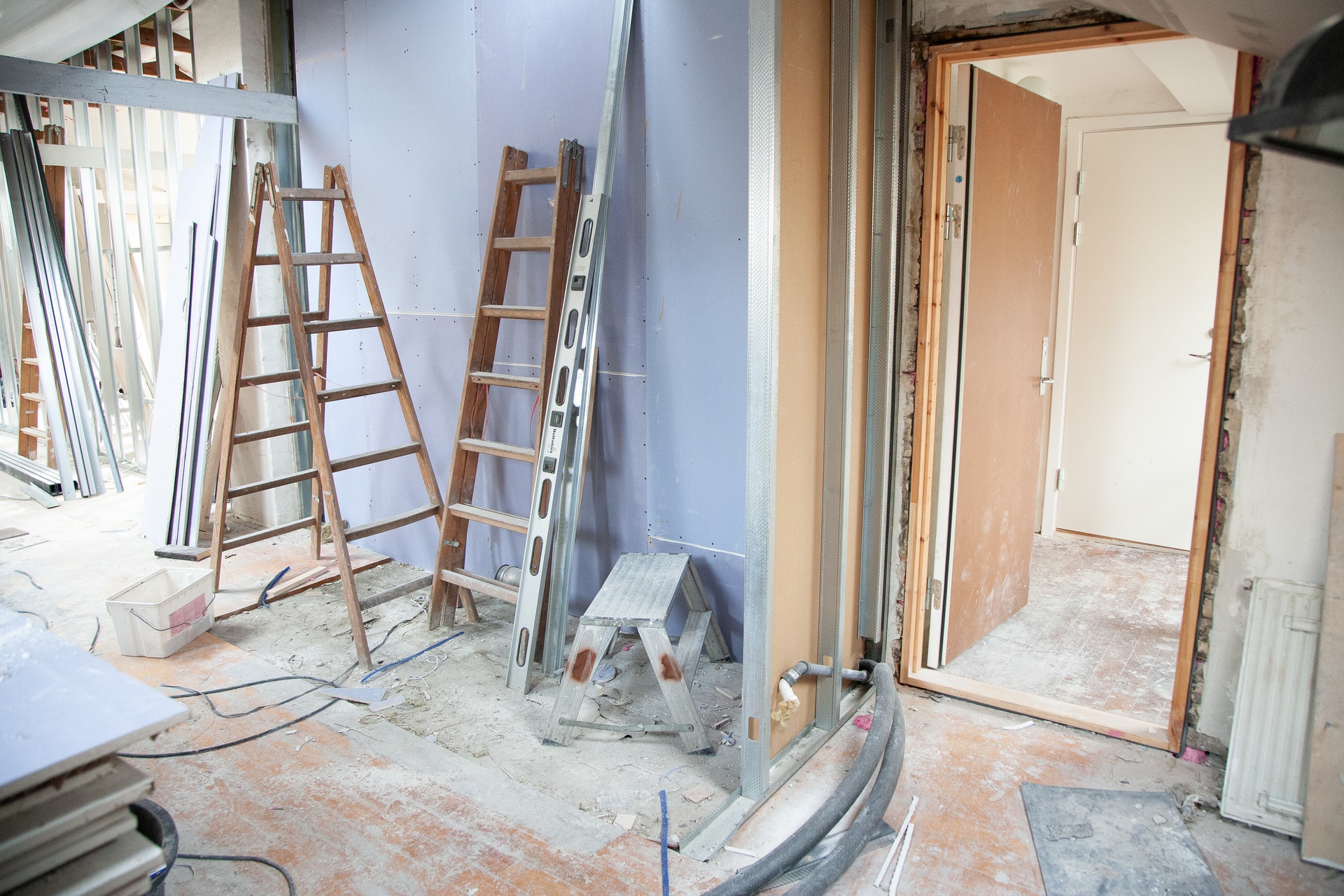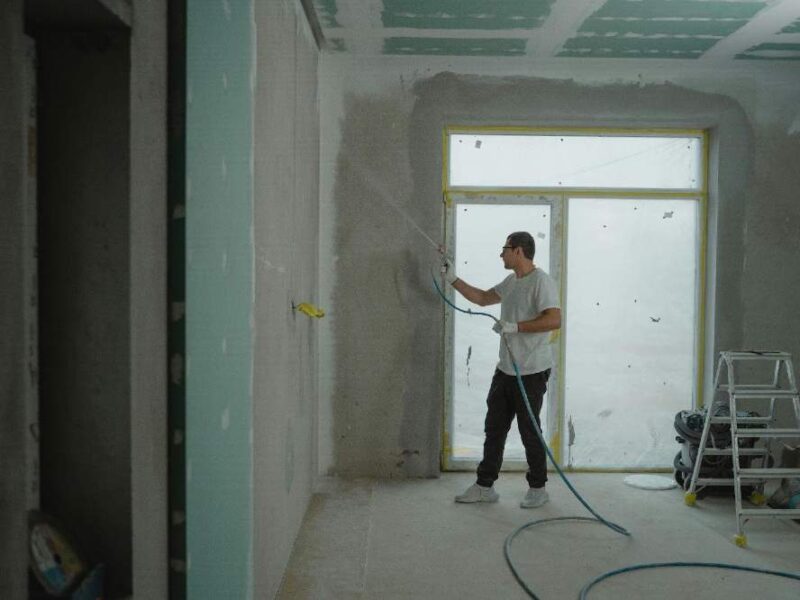It doesn’t take much for even the simplest reno to go off track, especially when it comes to your finances. A few critical mistakes in the planning stages of your project can throw off your budget and lead to big expenses. To make sure you aren’t making obvious mistakes, check out the list below.
1. Having a Buy Now, Pay Later Attitude
Today’s buy now, pay later attitude can get you into trouble. It convinces you to make big, sweeping changes to your home regardless of your savings. After all, you can put your project on a credit card or line of credit if you don’t have the cash to complete your dream reno.
There are plenty of reasons why people choose a line of credit, but a planned renovation might not be one of them. Rates have never been higher, so you’re likely going to pay more to borrow now.
Depending on your project, a job can also max out these accounts. Paying them off can take a long time if you don’t have a plan. In the meantime, you’ll accrue interest on any balance you carry over.
With your reno tying up your accounts, you also won’t have a financial safety net for your real life — you know, after the dust settles on your renovation and you get back to normal.
Generally speaking, a line of credit is best reserved for unexpected issues that can crop up with homeownership.
Let’s say you notice your shower leaks, and you find out it has caused damage to the subfloor. If you don’t have the savings to make these urgent repairs, you might consider a line of credit.
However, it shouldn’t be your first thought when you want to tear down the shower wall to install a claw-foot tub. A line of credit is a household safety net in emergencies.
2. Not Making a Plan B
Every successful renovation has a plan; you need to know the scope of your project and the costs that come with it. However, any veteran contractor will tell you few renovations go as planned.
Sometimes, a job reveals issues deep within your house that you couldn’t expect. That’s why the experts recommend adding 10 to 15 percent of your budget as a cushion to cover mistakes, material delays, and unexpected repairs.
Let’s say you want to tear down a wall in your kitchen to create an open-concept floor plan, but when you actually swing your sledgehammer, you find asbestos insulation between the studs. This hazardous material needs to be removed by specialized crews because of its threat to your health. Without a cushion, you may have to dip into your line of credit for help.
3. Taking on DIY Projects for Specialized Tasks
For small jobs and repairs, a DIY approach can save you a lot of money. However, there are some jobs you should never try on your own.
Take rewiring your home, as an example. You should hire a licensed and insured electrician for this large undertaking. While this professional will cost more than DIY wiring, your home will be wired according to code with a pro on the job. You’ll also avoid creating a fire hazard or accidentally electrocuting yourself.
The Takeaway: Be Prepared
An impulsive renovation might feel good in the moment, but it can add costs to your final bill. Think through your financing carefully to make sure you’re prepared.




